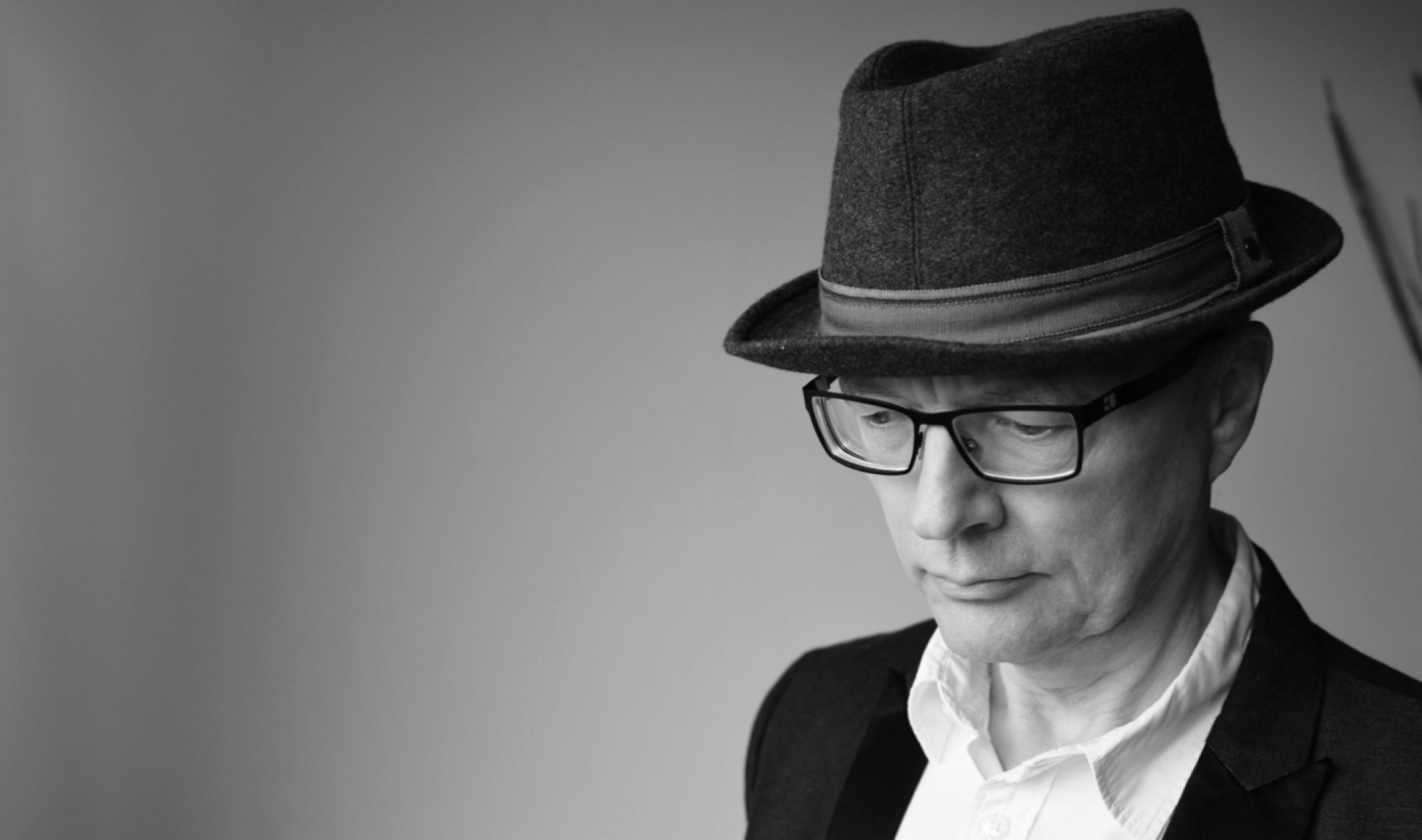I am reflecting today on the events of this weekend: on Friday evening Daniel Kyzlink and I attended the official ‘baptism’ ceremony of the new Rock Mass CD in Karlovy Vary as part of the programme marking the new spa season in the city. In front of the mayor and various other dignitaries and sponsors, spa water was officially poured over a CD and we all, of course, made speeches. During the evening French conductor Martin Lebel, without whose championing of the work it might never have seen the light of day, was made an honorary citizen of the city. After the ceremonies in the beautiful town theatre (pretty girls presenting flowers, more speeches, video presentations and awards, and the performance by the KSO of some beautiful music – including, naturally, Dvořák) we went to a nearby hotel with the orchestra, the mayor, sponsors and so on to suitably celebrate with the odd nibble and copious amounts of alcohol.
At one in the morning, Dan and I, with the director of the orchestra and the production assistant, walked through the centre of Karlovy Vary, alongside the river flanked by the steep-sided streets with beautiful Belle Époque architecture, through the majestic Romanesque colonnade where spa water pours into basins for (brave) tourists to drink. Eventually – after a brief pit-stop in a dubious-looking sandwich bar for baguettes and beer, passing a plastic beer glass around the four of us in an act of communion – we found sanctuary in an underground bar. We were slightly over-dressed for this establishment (me wearing my Sunday best and still carrying a bunch a yellow flowers, with Dan looking like my gay partner) but were nevertheless soon installed at the bar with a Tullamore Dew. Šimon unwrapped a CD and asked the girl behind the bar if she would be kind enough to play it. She declined. Instead, Dan chose some Metallica from the juke box.
The CD lay on the bar surrounded by smoke and another round of drinks. Feeling philosophical (as I always do at three in the morning) I was pondering the strange irony of a musical work representing the most profound and sacred centre of the Christian faith lying on a bar in what is said to be the most unbelieving nation in Europe. I recalled having played the first demos to a lady from California a few years ago, a believer involved in the media industry. ‘It’s a bit religious,’ she remarked: ‘it’ll never take off.’ And as I’ve worked on this project over the last six years I’ve noticed a curious thing, that people who do not claim to be believers (especially musicians) love it, while those who claim belief find it hard to swallow.
I could pontificate for hours on this subject; all I will say for now (you’ll be relieved to know) is that The Rock Mass is most certainly not religious but definitely Christian, and I’ll have to leave it to you to think more about that. As I sat there at the bar it occurred to me that this was the kind of place that Jesus would have brought his disciples to, and the CD lying on the bar was certainly symbolic of his presence.
Just one final philosophical though, if you will indulge me. Throughout this six-year journey, Dan and I have touted this work to many in the Christian music industry and in the religious world. Dan sold a keyboard in order to raise the air fare to go to Nashville, only to be told that the work, whilst wonderfully written etc., did not ‘fit’ within the established genres: it was too ‘rock’ for the classical world, too ‘classical’ for the rock world, and so on. We came to the conclusion that many Christians have simply become conventional, focused on cliché, and have lost the ability to be creative or to take risk, yet surely risk is at the heart of true creativity? Isn’t it also at the heart of faith?
Instead this work has been enthusiastically embraced by many who would not call themselves believers. The CD (which you really ought to get hold of!) features incredible performances from some of the top musicians and singers in the Czech Republic and the UK: the question Dan and I are constantly asked is: ‘When do we get to perform this again. It’s awesome!’.
At four thirty we decided we had duly celebrated the release of the CD and found a taxi to take us back to the hotel. The image of the CD lying on the bar stays with me, a prophetic image, I hope, of light shining in the darkness.
For more info about The Rock Mass visit our website where you can find extracts from the recording.

